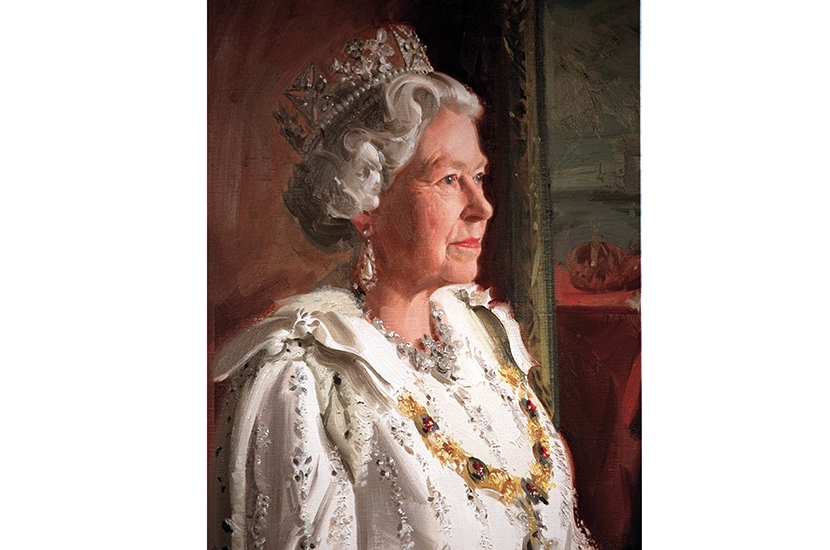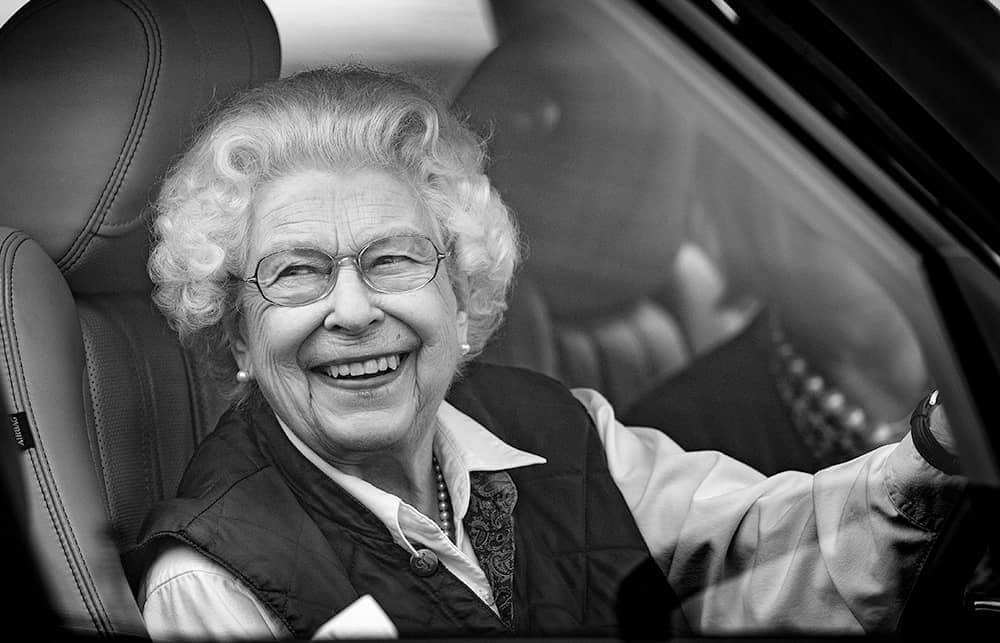Her task – did she ever quite realise it? – was to preside over a country in decline; and not merely to preside over it, but to be the nation’s anaesthetic, creating the illusion that the nightmare was not happening. When she was born, at 17 Bruton Street, by Caesarean section, on 21 April 1926, Britain commanded the mightiest, richest empire in the history of the world. By the time she died, Britain had ceased even to be what Gore Vidal once called it, an American aircraft-carrier. It was simply a muddle of a place, which had lost most of its manufacturing industrial wealth, all its political influence in the world, and any sense of national identity.
You could be forgiven for believing, since the sudden death in Balmoral, that everything had gone back to the norms of 1952: the BBC fervently monarchist, the ceremonies of accession and proclamation utterly traditional, the sentiments of enthusiasm, not only for the royal family, but for all the ancient forms which they represent, heart-felt.
While pouring forth the tributes to Her Majesty – many of them well-deserved – we allowed ourselves to forget the sad truth about us, and about Britain. It was the perfect example of how we have been using royal worship, royal gossip and royal mania as drug to blot out the truth about what has happened to Britain in her reign.
The United Kingdom that had existed since the Act of Union of 1707 had been cloven by the upsurge of Scottish nationalism, and the frail attempts at settlement of the Irish question. Few of the institutions which were in place at the time of her coronation in 1953 survived in anything like the robust form which obtained then. Her crowning, in a religious ceremony, held the world in thrall, not just because it was the first time the ceremony had been televised, but because the arcane and ancient rituals, the anointing, the vows, the clothing of this young woman in quasi-sacerdotal vestments, all meant something: to her personally, as a serious and committed Christian, but also to a nation most of whose citizens notionally at least claimed some sort of loose affiliation to the Church of England.

By the time of her death, practising Anglicans were easily outnumbered by practising Catholics and Muslims; and most practising Anglicans were in fact Evangelicals on the American model, with no knowledge of, or fondness for, the Prayer Book and its centuries-old rhythms and phrases.







Comments
Join the debate for just £1 a month
Be part of the conversation with other Spectator readers by getting your first three months for £3.
UNLOCK ACCESS Just £1 a monthAlready a subscriber? Log in